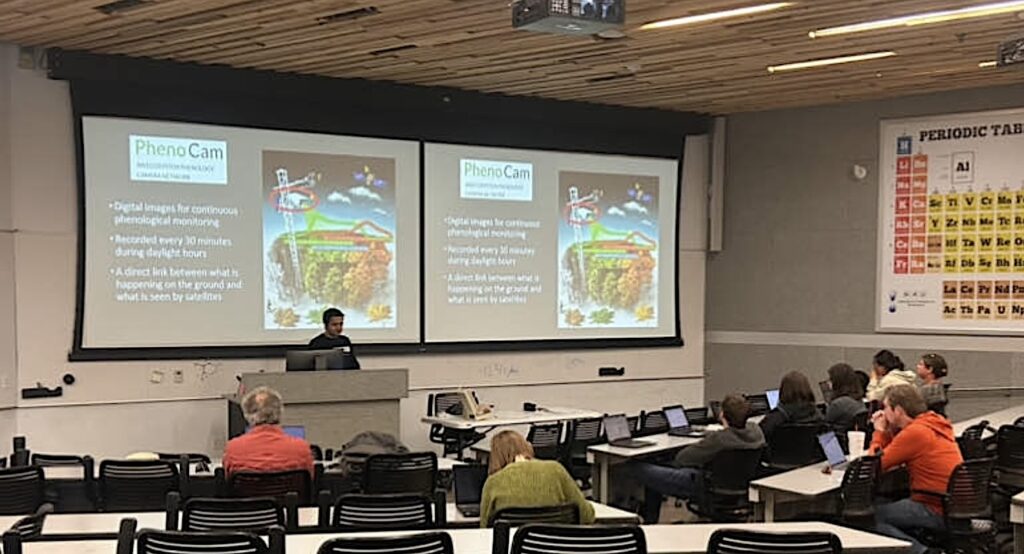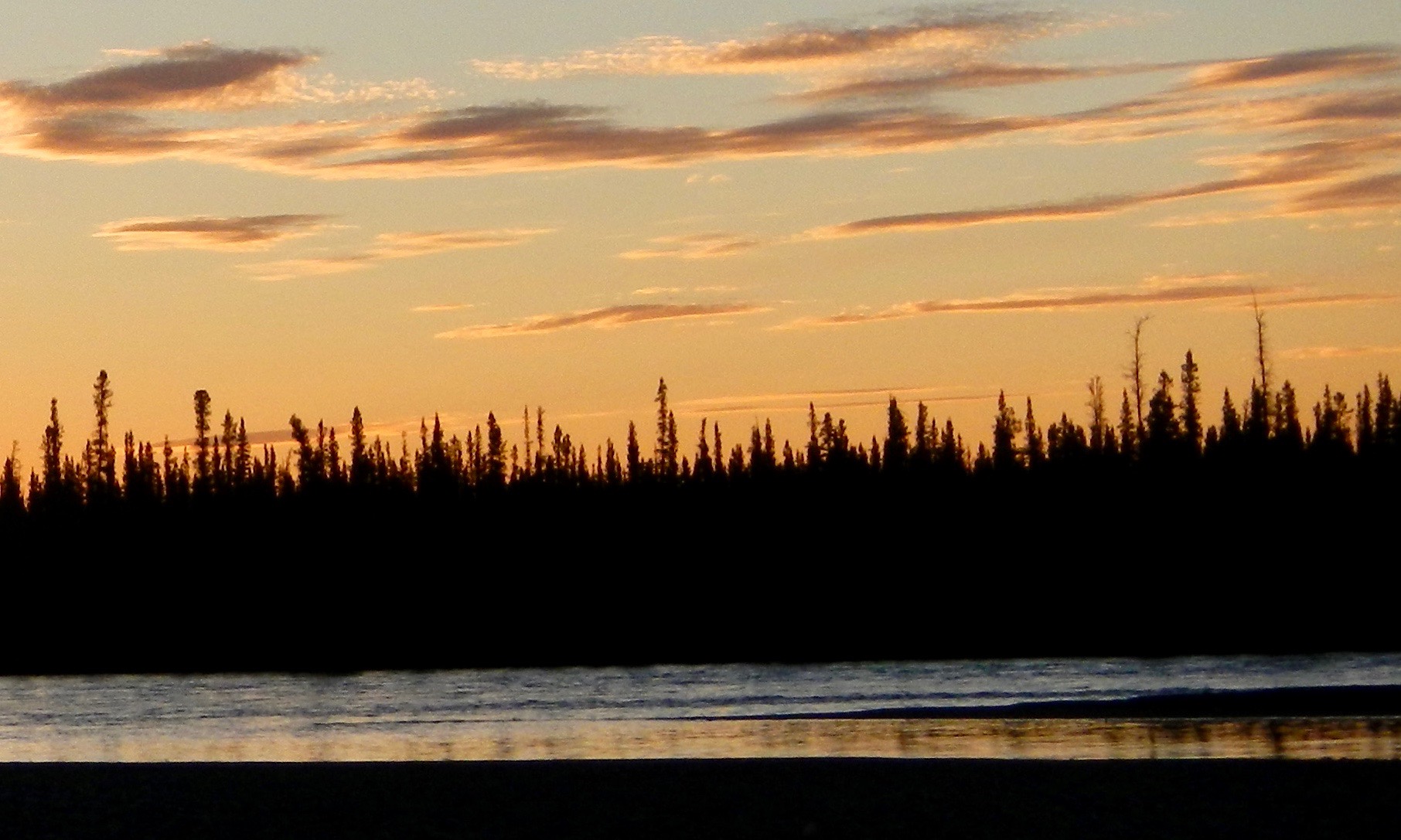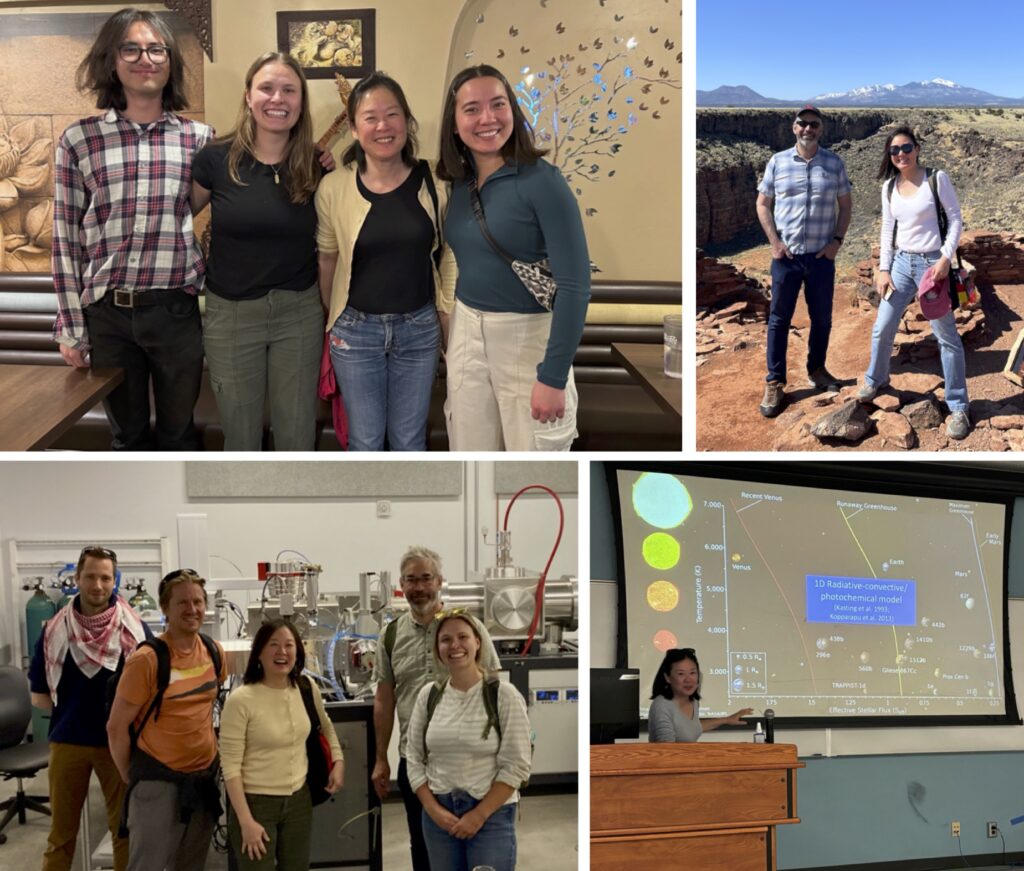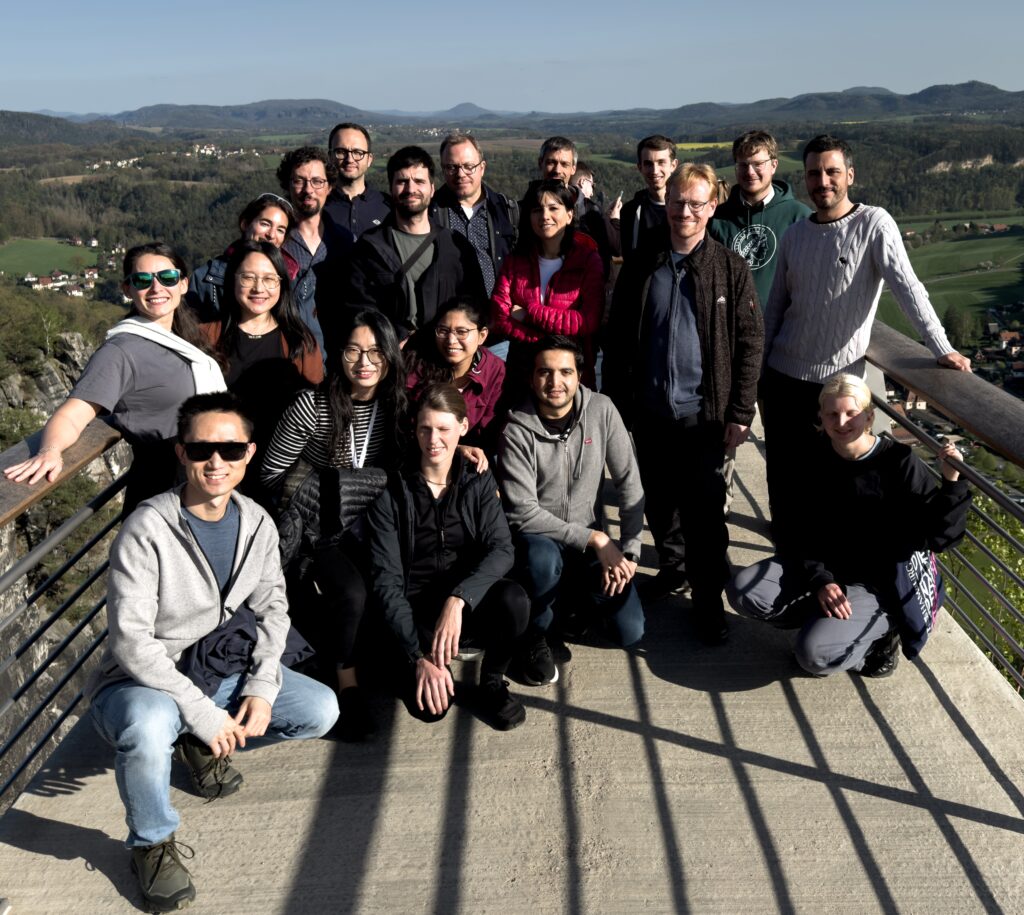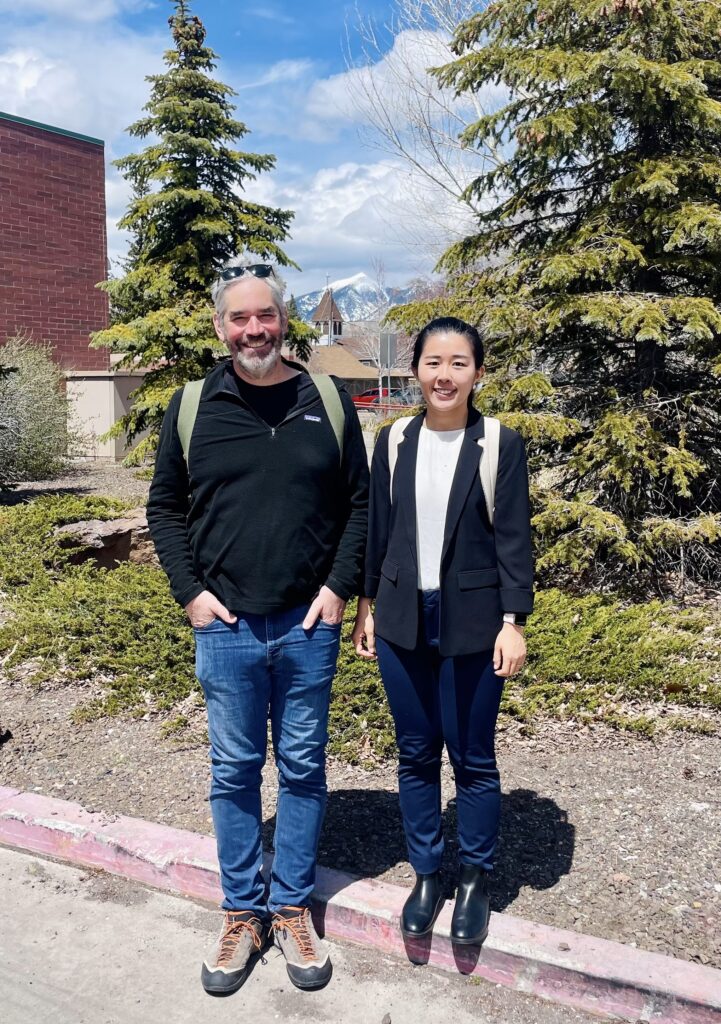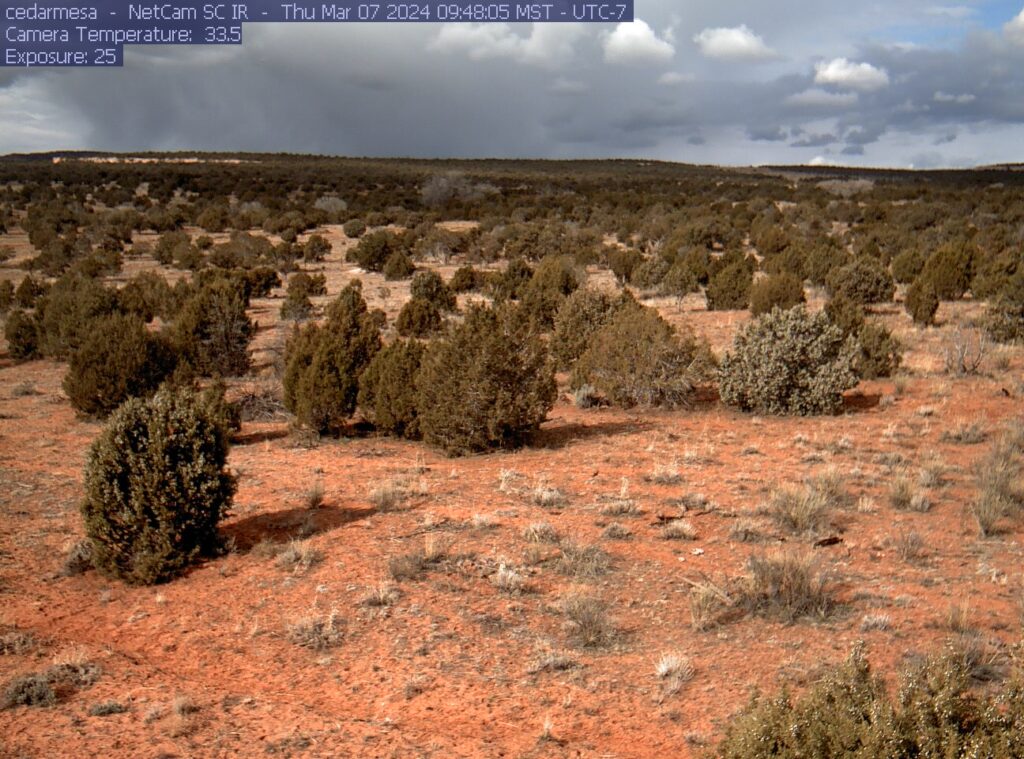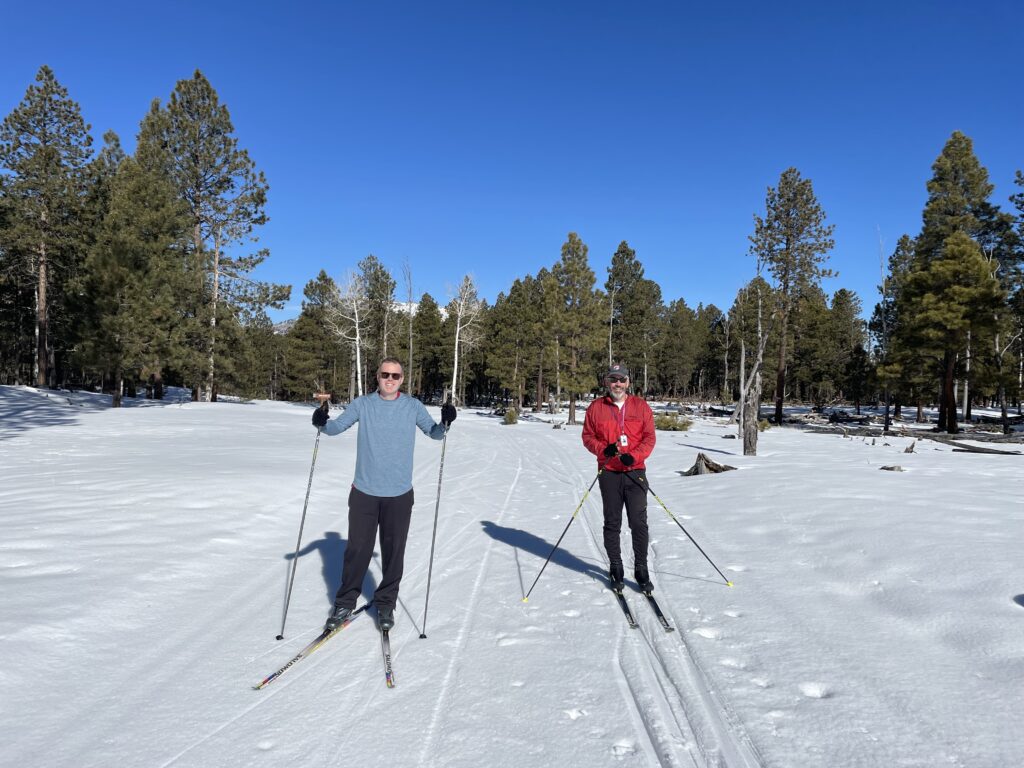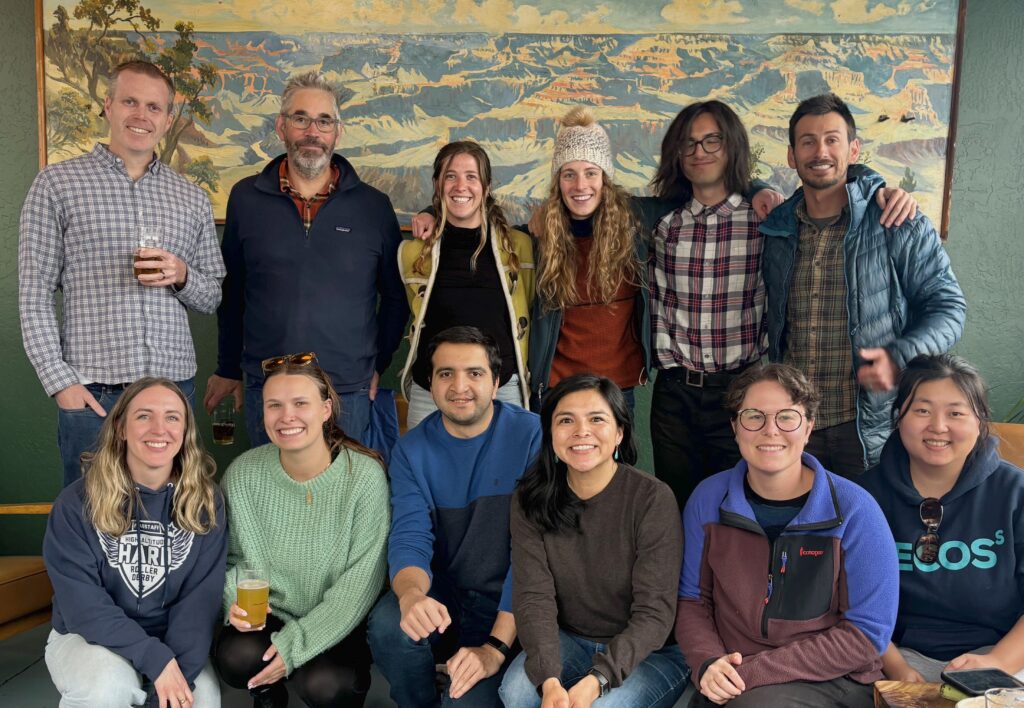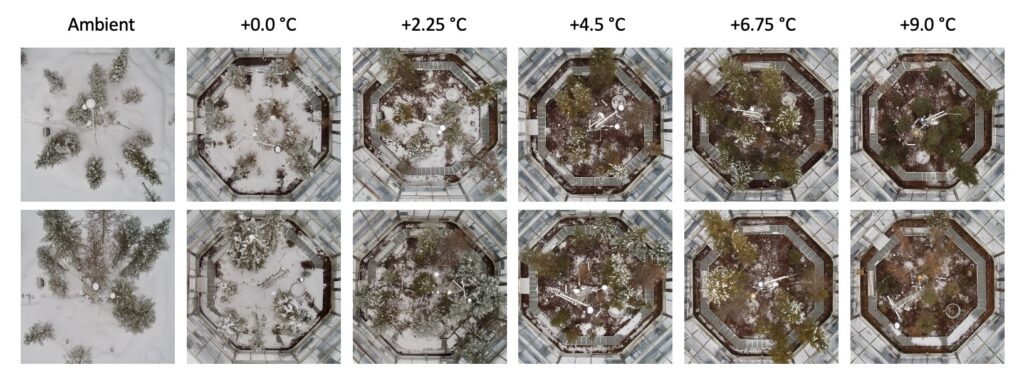Mostafa, Darby, and Oscar led a PhenoCam training workshop for the NAU community, in which they: covered the basics of what a PhenoCam is and what the PhenoCam Network is;
showed participants how to explore the image archive through the PhenoCam website; and introduced various open-source tools to access imagery and derived data products. Later in the summer, the team will be offering a similar workshop at the annual ESA meeting in Long Beach, California. Great job, PhenoCam Training team!
